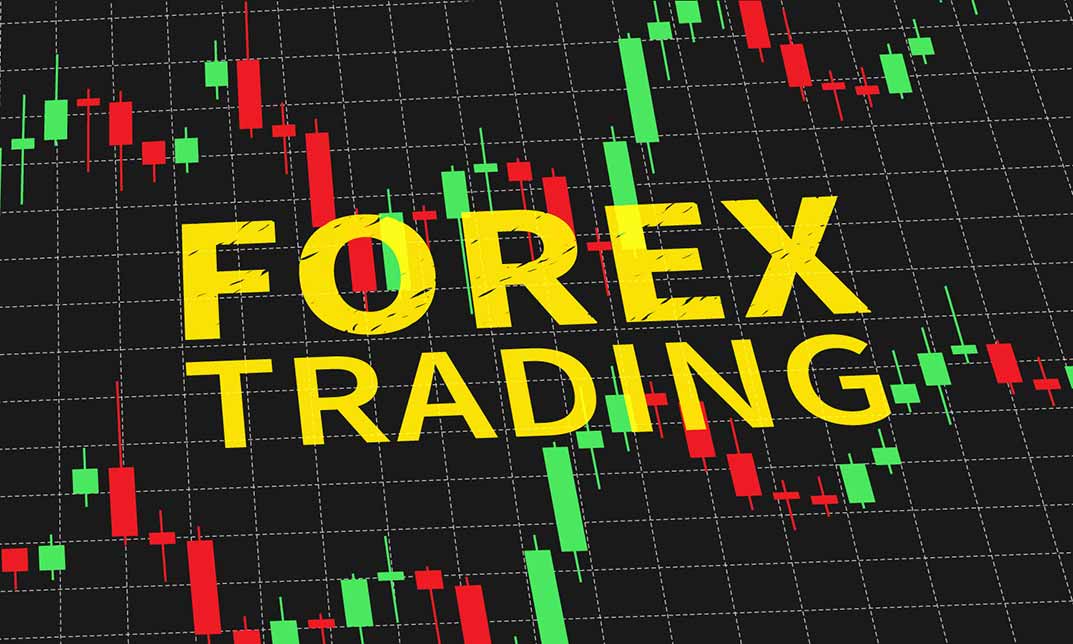Discover the most effective Forex Trading Course to Raise Your Trading Skills
Discover the most effective Forex Trading Course to Raise Your Trading Skills
Blog Article
Comprehending the Principles of Currency Exchange in Today's Global Market
In an increasingly interconnected international economic situation, grasping the basics of money exchange is indispensable for stakeholders throughout various fields. As central financial institutions put in impact and technical improvements improve currency trading, the ramifications for international business are far-reaching.
The Basics of Money Exchange
Currency exchange is a fundamental aspect of the worldwide economic climate, promoting international trade and investment. It includes the conversion of one currency into another and is important for services, governments, and individuals that take part in cross-border transactions. The money exchange process takes place in the fx market (Forex), which is the biggest and most fluid economic market on the planet, running 24 hr a day, five days a week.
At its core, money exchange is driven by supply and need dynamics. Money are traded in sets, such as EUR/USD or GBP/JPY, and the exchange price between them shows exactly how much one money is worth in regards to one more. This price rises and fall constantly as a result of trade flows, capital motions, and other market tasks.
Participants in the Foreign exchange market variety from huge financial organizations and international firms to individual investors and vacationers. Each participant may have different goals, such as hedging versus currency exchange rate threat, speculating on currency movements, or assisting in global acquisitions. Understanding the basics of currency exchange is vital for making educated choices in the global market, as exchange rates can considerably affect the price of products and solutions, financial investment returns, and financial security.
Variables Influencing Exchange Fees
Currency exchange rate are formed by an intricate interaction of different economic elements, showing the relative strength and stability of national economies. Key among these factors is interest price differentials. Greater rates of interest use loan providers much better returns about other countries, attracting even more international resources and creating the currency to appreciate. Conversely, inflation rates play an important duty; money in nations with reduced rising cost of living rates have a tendency to value as buying power boosts family member to higher-inflation economies.
Additionally, trade equilibriums influence money value. A country with a substantial trade excess typically sees its currency value due to raised international need for its products and services, while a profession deficiency can compromise the currency.
Political security and financial efficiency are critical as well; countries perceived as low-risk locations for investment often tend to see their currencies value. forex trading course. Market conjecture can also drive exchange price changes, as investors expect future movements based upon present financial indications and geopolitical events. These elements jointly contribute to the vibrant nature of currency exchange rate in the international market
The Role of Reserve Bank

Reserve banks also take part in forex interventions to remedy excessive volatility or imbalances in exchange rates. These interventions might involve acquiring or marketing foreign money to preserve a wanted currency exchange rate level. Furthermore, central banks hold significant international exchange reserves, which can be released tactically to support their currency.

Modern Technology and Money Trading
While reserve banks form the overarching landscape of money exchange, technical developments have transformed the technicians of money trading itself. The expansion of electronic systems has actually special info equalized access to forex markets, enabling specific investors to take part along with institutional investors. On-line trading systems, furnished with real-time information and analytical tools, help with informed decision-making and have actually contributed to boosted market liquidity.
Mathematical trading, powered by sophisticated software application, has changed the speed and efficiency of money trading. Algorithms perform trades based on predefined criteria, lessening human intervention and reducing the moment called for to maximize market activities. This automation boosts accuracy in profession execution and aids in the monitoring of complex trading techniques. Additionally, the surge of expert system and artificial intelligence formulas provides anticipating analytics, permitting investors to prepare for market patterns Learn More Here with higher precision.
Blockchain modern technology also promises a transformative influence on money trading. By ensuring openness and reducing purchase costs, blockchain can enhance negotiation procedures, potentially mitigating dangers associated with typical trading techniques. In addition, cryptocurrencies, underpinned by blockchain, have presented a new dimension to money trading, triggering market individuals to adjust to an evolving financial community. As innovation remains to develop, its impact on currency trading will likely strengthen, shaping future market dynamics.
Effects on Global Profession
In the interconnected landscape of global profession, money exchange plays a pivotal function in forming economic partnerships between countries. A strong money can make a nation's exports more costly and much less appealing on the worldwide stage, possibly decreasing market share.
Money fluctuations can additionally cause economic unpredictabilities, complicating long-lasting planning for international companies. Businesses commonly hedge against these threats via financial tools to maintain expenses and incomes. Exchange prices influence foreign straight investment (FDI) choices, as investors seek favorable conditions navigate to these guys to make best use of returns, influencing funding moves throughout boundaries.
Moreover, governments aim to preserve steady exchange prices to cultivate foreseeable trading conditions, in some cases intervening in fx markets to attain economic goals. Reserve banks might adjust rates of interest or apply financial policies to affect money toughness, thus influencing trade characteristics.
Final Thought
A detailed grasp of currency exchange principles is necessary for navigating the complexities of the global market. Exchange rates, formed by interest rates, inflation, and financial growth, are essential in identifying money valuations.
Report this page